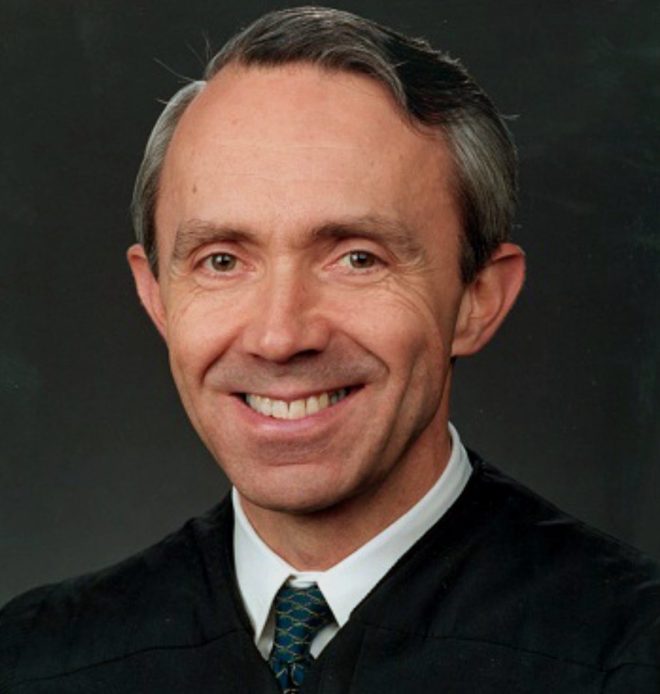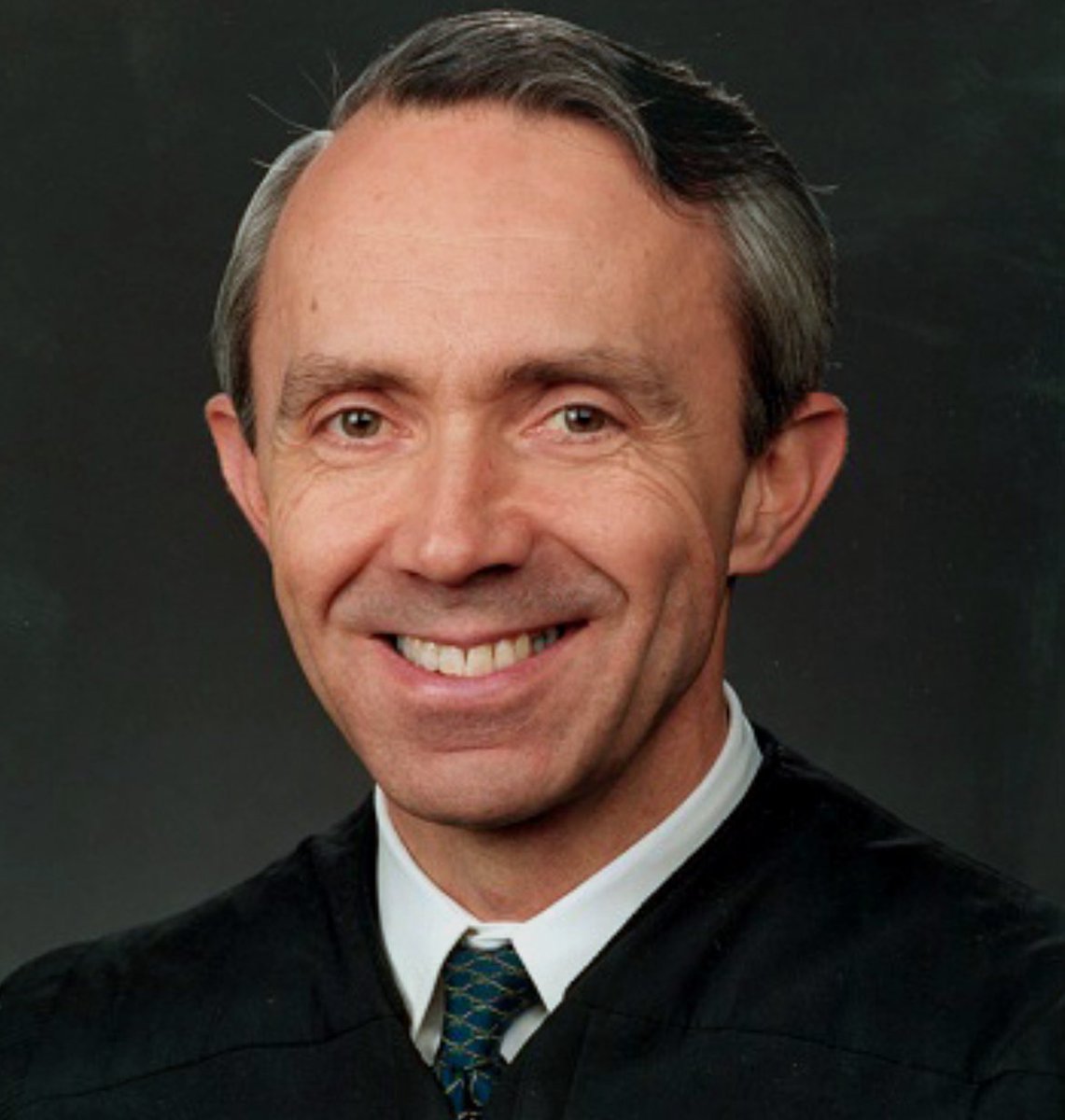
Death- Obituary news
Remembering Associate Justice David H. Souter: A Tribute to a Constitutional Guardian
The legal community and the nation at large mourn the loss of Associate Justice David H. Souter, a distinguished figure in American jurisprudence who passed away recently. Justice Souter, a native of New Hampshire, dedicated his life to upholding the Constitution, making significant contributions to American law throughout his tenure on the United States Supreme Court. This summary aims to honor his legacy while providing an overview of his life, career, and the impact he had on the judicial system.
Early Life and Education
David H. Souter was born in Melrose, Massachusetts, in 1939. Raised in a New Hampshire family with deep roots in the state, Souter developed a passion for law and public service from an early age. He attended Harvard College, where he earned his undergraduate degree, and later graduated from Harvard Law School. His education laid the foundation for a remarkable career in public service and the judiciary.
- YOU MAY ALSO LIKE TO WATCH THIS TRENDING STORY ON YOUTUBE. Waverly Hills Hospital's Horror Story: The Most Haunted Room 502
Judicial Career
Justice Souter began his legal career in the New Hampshire Attorney General’s office, where he quickly gained a reputation for his legal acumen and commitment to justice. In 1978, he was appointed to the New Hampshire Superior Court, where he served until 1983. His judicial philosophy was characterized by a deep respect for the law and a belief in the importance of precedent.
In 1990, President George H.W. Bush nominated Souter to the Supreme Court, a decision that would shape his legacy. Souter’s appointment was initially viewed as a conservative choice; however, he soon became known for his moderate stance and willingness to consider the broader implications of legal decisions.
Landmark Decisions
During his time on the Supreme Court, Justice Souter participated in numerous landmark cases that addressed critical issues facing the nation. He was known for his thoughtful opinions on civil rights, privacy, and the balance of power between the federal government and the states. One of his most notable contributions was in the case of Planned Parenthood v. Casey (1992), where he helped uphold the constitutional right to abortion while allowing states to impose certain regulations.
Souter’s commitment to the Constitution extended to his interpretation of the First Amendment, where he often sided with protecting free speech and religious freedoms. His decisions reflected a nuanced understanding of the law and its implications for American society.
Commitment to the Constitution
Justice Souter was a staunch advocate for the Constitution and believed in the importance of its principles as a living document. He emphasized the role of the judiciary in safeguarding individual rights and liberties. His approach to constitutional interpretation was characterized by a reverence for the text itself, coupled with an understanding of its historical context.
In his retirement, Souter remained a vocal advocate for judicial independence and the rule of law. He frequently expressed concern about the increasing politicization of the judiciary and the importance of maintaining the integrity of the Supreme Court.
Personal Life and Legacy
Throughout his life, Justice Souter was known for his humility and dedication to public service. He preferred a private life, often shunning the limelight that accompanied his position. His love for New Hampshire and its natural beauty was evident in his appreciation for the outdoors, particularly hiking and exploring the state’s landscapes.
Souter’s legacy extends beyond his judicial opinions; he touched the lives of many through his mentorship and guidance. He inspired a new generation of lawyers and judges to approach the law with integrity and a sense of responsibility to the public.
Reactions to His Passing
Following the announcement of Justice Souter’s passing, tributes poured in from across the political spectrum. U.S. Attorney Ed Martin expressed his sorrow, highlighting Souter’s profound impact on the Constitution and his dedication to justice. Many colleagues, legal scholars, and citizens recognized Souter as a principled jurist whose contributions to American law will be remembered for generations.
Conclusion
As we reflect on the life and legacy of Associate Justice David H. Souter, we honor a man who exemplified the ideals of the American judicial system. His unwavering commitment to the Constitution and his thoughtful approach to the law have left an indelible mark on the Supreme Court and the nation. Justice Souter’s passing is a significant loss, but his contributions will continue to inspire future generations of legal professionals and citizens alike.
In conclusion, the memory of Justice David H. Souter serves as a reminder of the vital role that the judiciary plays in upholding democracy and protecting the rights of individuals. As we move forward, let us carry his legacy with us, ensuring that the principles he cherished continue to guide our legal system and society as a whole.

I am saddened to learn of the passing of Associate Justice David H. Souter. He was a great son of New Hampshire and lover of the Constitution. #RIP pic.twitter.com/YUv0l19Su5
— U.S. Attorney Ed Martin (@USAEdMartin) May 9, 2025
I am saddened to learn of the passing of Associate Justice David H. Souter.
The legal community and the nation as a whole are mourning the loss of Associate Justice David H. Souter, who passed away recently. His contributions to the United States Supreme Court and his dedication to the Constitution are celebrated by many. Souter, a native of New Hampshire, was a man deeply rooted in his love for the law and public service. Throughout his career, he championed justice and fairness, leaving behind a legacy that will be remembered for generations.
Souter’s journey to the Supreme Court is quite remarkable. Born in Melrose, Massachusetts, and raised in New Hampshire, he cultivated a passion for the law early in life. He attended Harvard University, where he graduated with honors, and later went to Oxford University as a Rhodes Scholar. Eventually, he earned his law degree from Harvard Law School. This strong educational foundation set the stage for a distinguished career in public service.
After serving as a New Hampshire Superior Court judge and later as the state’s Attorney General, Souter was nominated to the Supreme Court by President George H.W. Bush in 1990. His appointment was initially met with some skepticism, as he was not a typical conservative nominee. However, Souter quickly established himself as a thoughtful and independent jurist who often surprised those who tried to pigeonhole him into a specific ideological camp.
He was a great son of New Hampshire.
Justice Souter’s connection to New Hampshire was profound. He often spoke fondly of his home state, and it played a crucial role in shaping his values and perspectives. His time as a state judge allowed him to understand the unique challenges and needs of the people of New Hampshire, and this understanding deeply influenced his decisions on the Supreme Court.
One of the hallmarks of Souter’s judicial philosophy was his commitment to protecting individual rights and liberties. He often sided with the more liberal justices on the Court, particularly on issues such as abortion rights and affirmative action. His opinions reflected a belief in the importance of the Constitution as a living document, adaptable to the changing needs of society.
During his tenure, Souter participated in landmark cases that defined a generation. His vote in the case of Planned Parenthood v. Casey, which upheld the right to abortion while allowing some state regulations, was pivotal. This decision showcased his nuanced approach to law, balancing respect for established precedents with a thoughtful consideration of the implications for society.
He was a lover of the Constitution.
Souter’s love for the Constitution was evident in his approach to judicial interpretation. He believed in a careful reading of the text and an understanding of its historical context. This perspective allowed him to engage with the Constitution in a way that respected its origins while also recognizing its relevance in contemporary society.
His opinions often emphasized the need for a compassionate understanding of the law. For instance, in his dissenting opinion in the case of Bush v. Gore, Souter expressed concern over the implications of the decision on the electoral process and the integrity of the judiciary. This kind of thoughtful dissent highlighted his commitment to justice over partisan politics.
Souter’s belief in the Constitution extended beyond the courtroom. He was an advocate for civic education and often encouraged young people to engage with the principles of democracy. He believed that understanding the Constitution was essential for informed citizenship and active participation in the democratic process.
#RIP
As we reflect on the life and legacy of Justice David H. Souter, it’s important to acknowledge the impact he had on the legal landscape of the United States. His passing marks the end of an era, but his contributions will continue to influence future generations of jurists and citizens alike.
In addition to his legal work, Souter was known for his humility and kindness. Colleagues and friends often remarked on his down-to-earth nature and his ability to connect with people from all walks of life. He was not one to seek the limelight; instead, he preferred to focus on the substance of the law and its effects on individuals and communities.
Justice Souter’s legacy is one of compassion, integrity, and a steadfast commitment to the principles of justice. His love for New Hampshire and the Constitution intertwined to create a unique perspective that shaped his judicial philosophy. As we remember him, we can draw inspiration from his dedication to the rule of law and the importance of protecting individual rights.
The legal community and the nation have lost a significant figure, but his lessons and values endure. It’s essential to honor his memory by continuing to advocate for justice and fairness in all aspects of society. By doing so, we can ensure that his legacy lives on in our collective commitment to the Constitution and the ideals it represents.
In conclusion, while the passing of Associate Justice David H. Souter is indeed a sad moment, it also presents an opportunity to reflect on the values he championed throughout his life. His journey from New Hampshire to the highest court in the land exemplifies the power of dedication to the law and the importance of understanding the Constitution in our daily lives.
As we navigate the complexities of the legal system and society, let us remember Justice Souter’s contributions and strive to uphold the principles he believed in. His legacy will undoubtedly inspire future generations to engage with the law thoughtfully and compassionately.
